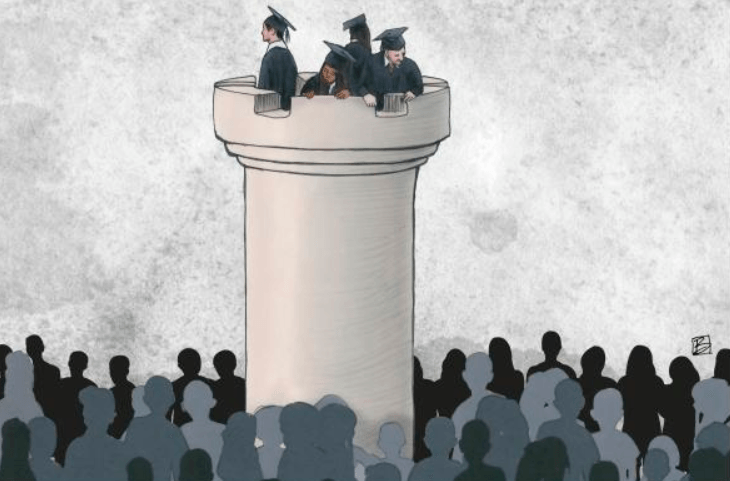OWNING VERSUS RENTING AGAIN
One way or another we’ve all entertained the proverbial question of should we own or rent? Of course, the correct answer to that question always depends on your circumstances and what is being owned or rented. In the business and technology world, one of the latest places the own-or-rent question arises is software.
Are you better off purchasing a software application (in which case of course you do not truly own the software, but rather you have purchased a license to use the software) or are you better off paying a regular fee to maintain your license to continue to use the software? In the “own” scenario, the user retains the freedom to decide when a new release of the software justifies a new or an upgrade purchase. In the “rent” scenario, the user pays a cyclical fee for the right to continue using the software, with its updates automatically included as they are issued. Obviously, we often find consumers strongly advocating or condemning one or the other approach.
Be that as it may, the controversy is not stopping increasing numbers of software companies from shifting over to the “rent” scenario. SaaS (software as a service) has been around a while and only shows signs of accelerating growth. A few years ago when Adobe made the decision to shift more heavily into SaaS, the decision looked a little risky. However, about 80% of Adobe’s revenue now comes from subscription-based software products.
Professional photographer, Brad Trent, is a good example of those who understand, yet strongly object to, Adobe’s strategic transition to SaaS (Rob Walker, “How Adobe Got Its Customers Hooked” Bloomberg Businessweek . 6/12/17–6/18/17, pp. 37–38):
“ ‘As a business move for them, I get it. . . . “But you can’t get off. It’s like they’ve hooked everybody on digital heroin, and you’re gonna be on it for the rest of your life.’ ” (p. 38)
Although I appreciate Trent’s argument and concern, and share it myself to some degree, I am optimistic about the long run. We cannot forget that Adobe is intrinsically motivated to apply continuous improvement to its software services for a couple of reasons:
- Like any industry leader, Adobe understands that you cannot ignore your competition. You always want to be giving your customers outstanding quality so that they do not feel the need to look to competitor or open-source products.
- Like any industry leader, Adobe wants to satisfy its contractual, ethical, fiscal, and performance commitments to its stakeholders. Odds are that Adobe will continue providing an excellent service to its customers in every respect.
I remember when I was a kid my dad passionately refused to sign up for cable TV. He wanted to own his hardware and freely enjoy the advertiser-paid “free” programming. He did not believe that he should have to pay for TV entertainment, news, and information. In an analogous fashion, but from a viewer context, he made the same arguments that SaaS critics make today about software.
Well, things change. TV entertainment has always had the good, the bad, and the ugly. Nevertheless, I’d say we have a whole lot more of the good to pick from today than ever. And I think that is true of software too.











